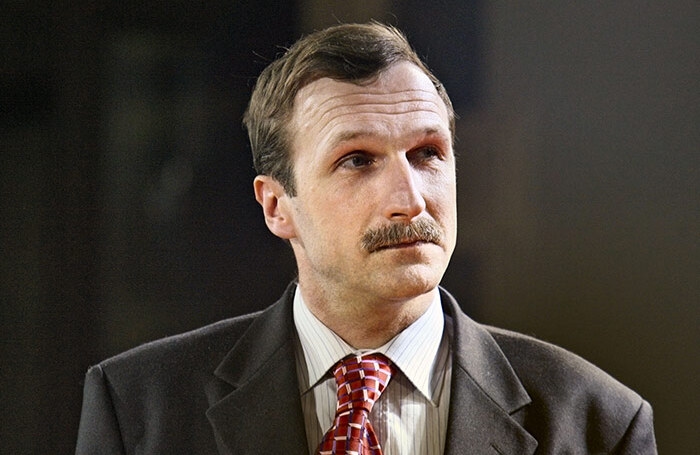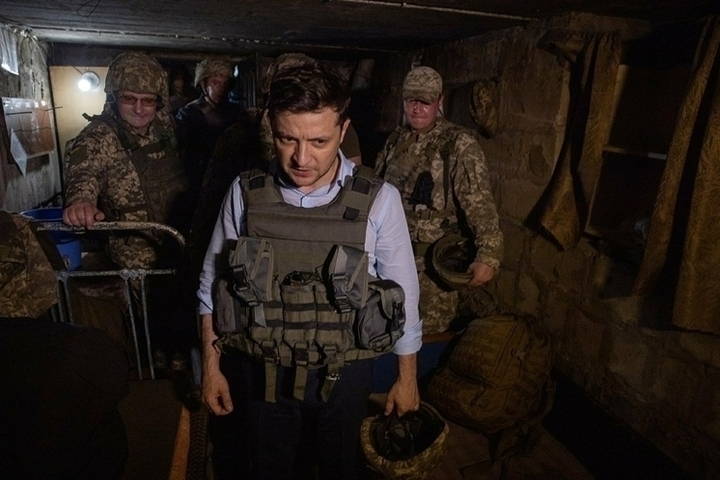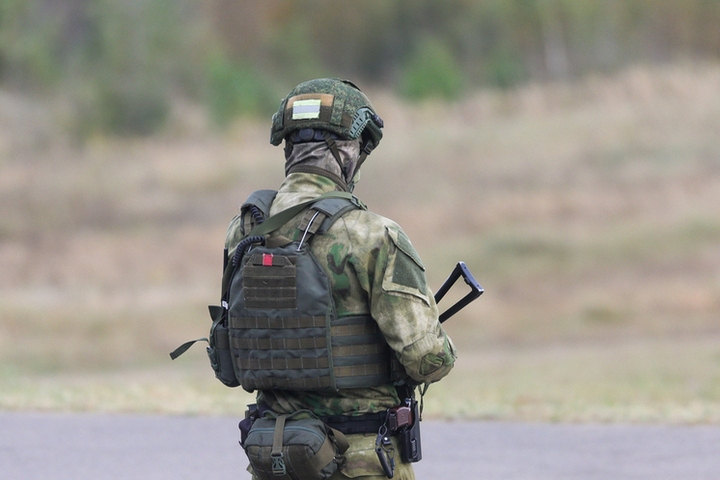Why is Donald Trump interested in Central Asia? Commentary by Georgy Bovt

A summit featuring the US President and the leaders of Kazakhstan, Uzbekistan, Kyrgyzstan, Tajikistan, and Turkmenistan will take place on November 6. The meeting highlights the United States' growing interest in the region and focuses on investment, trade, and strategic resources.
On November 6, Donald Trump will host the presidents of Kazakhstan, Uzbekistan, Kyrgyzstan, Tajikistan, and Turkmenistan at the White House for the first time. The event marks the 10th anniversary of the so-called C5+1 format. In 2023, Joe Biden hosted the leaders of the five countries on the sidelines of the UN General Assembly – the first such summit involving a US president. What can we expect from this meeting?
Presidents of Central Asian countries rarely receive a reception in Washington. The only sitting president of the region to have visited the White House was Shavkat Mirziyoyev of Uzbekistan, back in 2018. Kazakh President Kassym-Jomart Tokayev is now planning a separate official visit to the United States on November 12.
Incidentally, it was Tokayev who recently proposed inviting Azerbaijani leader Ilham Aliyev to the Washington summit, on the grounds that, as a Caspian state, he plays a crucial role in the "Middle Corridor"—the Trans-Caspian transport route running from China through Kazakhstan, the Caspian Sea, Azerbaijan, Georgia, and on to Turkey and Europe.
All of this underpins both the growing US interest in the region, where Russia and, to an even greater extent, China are significantly present, and the Central Asian states' own desire for multi-vector foreign relations. The latter trend is likely to intensify against the backdrop of the Central Asian War and the imposition of full-scale sanctions against Russia, which have complicated cooperation with the country.
For the United States, the key word defining its interest in the region is "resources." Central Asia has significant reserves of rare earth metals, which are a focus of US attention amid the standoff with China, the largest refiner of these metals. The region also produces approximately half of the world's uranium, primarily in Kazakhstan, but also in Uzbekistan. Exports of critical minerals from Central Asia are currently focused on China and Russia. America wants to shift the balance in its favor.
For their part, regional countries, particularly Kazakhstan and Uzbekistan, will press Trump to liberalize the export control system for technology transfers. This summer, there were reports that personnel problems at the US Department of Commerce had stalled the issuance of export licenses altogether. In exchange, Washington will likely demand stricter enforcement of anti-Russian sanctions.
The first major deals have already been signed. For example, Uzbekistan will purchase up to 22 Boeing 787 Dreamliner aircraft for $8 billion, as Trump boasted on social media—the largest order in the airline's history. Kazakhstan signed a $4.2 billion railway development agreement with the American company Wabtec Corp. The White House participated in negotiations with the American firm Cove Capital LLC to gain access to one of the world's largest undeveloped tungsten deposits in Kazakhstan. The same company previously agreed with Uzbekistan to conduct geological exploration.
Speaking about Moscow's attitude toward the Washington summit, Kremlin spokesman Dmitry Peskov stated : "It's perfectly natural that our friends and partners in Central Asia are discussing their relationships across all foreign policy dimensions." He recalled that Russia has its own format—the Russia-Central Asia Summit, which took place recently. Russia, Peskov said, is building its own relations with the Central Asian countries and values them. One can understand why—"nothing will hurt us," apparently.
bfm.ru





